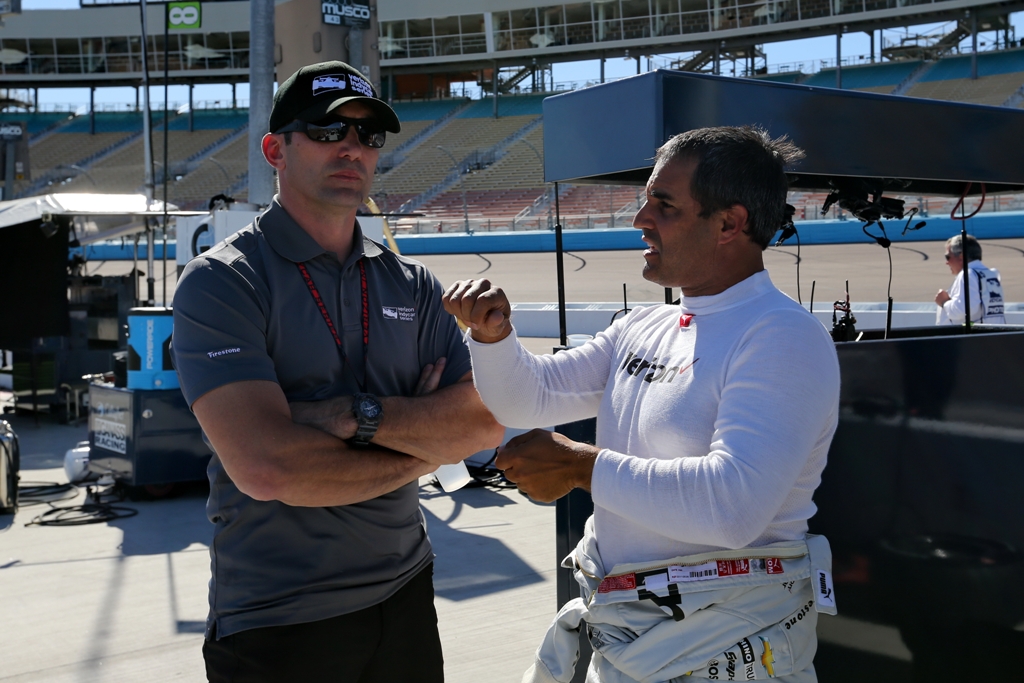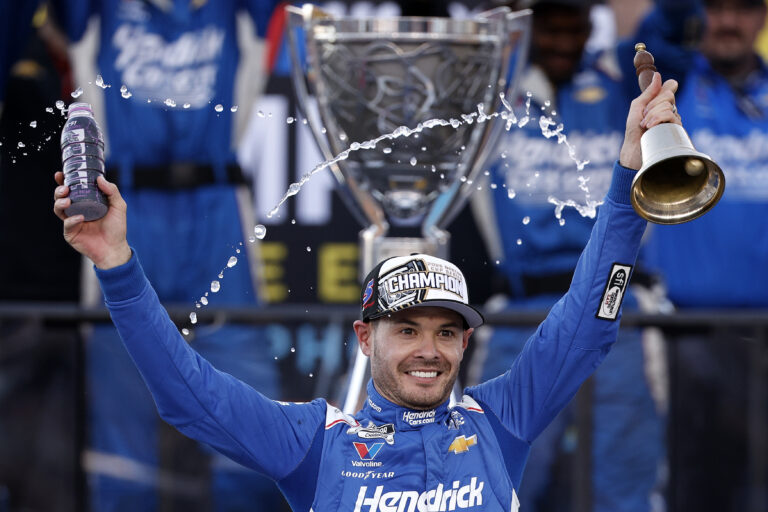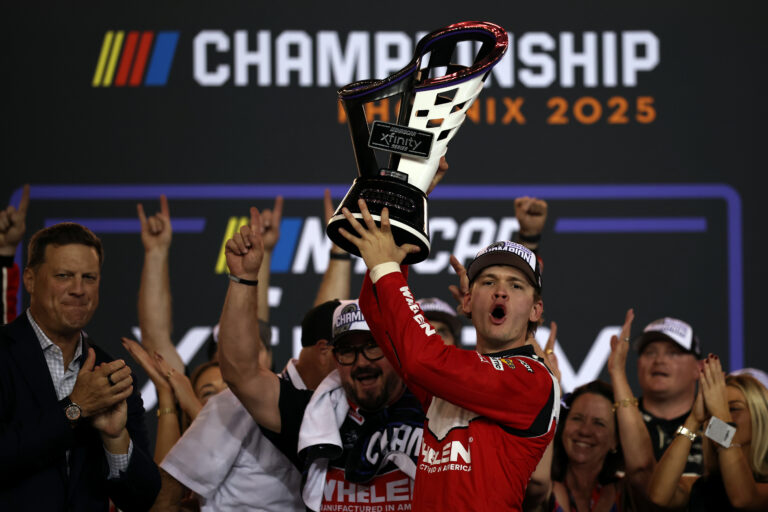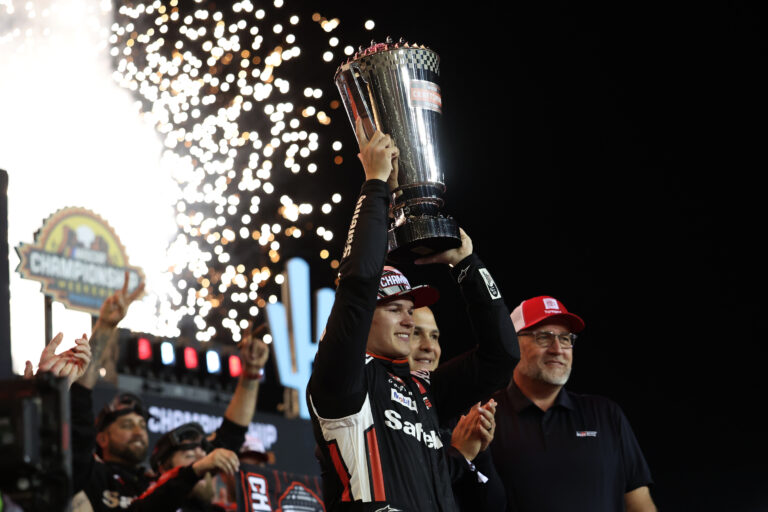
Photo Credit: Chris Jones/IndyCar
The Verizon IndyCar series sanctioning organization, INDYCAR, takes the next step in competition rule enforcement by streamlining and making the public aware of their penalty process.
Prior to the 2016 IndyCar season Arie Luyendyk, Max Papis and chief Steward Dan Davis announced that they would all have at their disposal a more simplified penalty system for on-track infractions from the IndyCar series rule book which is a result of collaborative efforts from the drivers as well as team owners/managers and league officials.
These penalty guidelines were set in place for the season-opening Grand Prix of St Petersburg and were also made available to the media and the fans of the IndyCar Series. They were also in place for the Phoenix Grand Prix, as well as the rest of the 2016 season.
“The penalty guidelines were developed after numerous meetings during the offseason with drivers, team owners and other team principals,” said Brian Barnhart, IndyCar vice president of competition, race control. “All of the stakeholders’ involved wanted more teeth in the regulations when it came to more serious violations of safety or competition rules.
“The result is that the Stewards now have a more clearly defined set of rulings they can make. That includes immediate penalties for some transgressions that in the past would have been warnings on the first offense.”
The infractions that can now warrant immediate penalty rather than a warning are jumping a restart, lagging back on a restart, blocking and unavoidable contact.
“The drivers in particular wanted more strict penalties for these types of infractions,” Barnhart said. “They believe and IndyCar agrees, that these updated penalty guidelines will create cleaner, more exciting racing that is easier to officiate and easier for the fans to understand and enjoy.”
Any of the Stewards or Barnhart himself can call for a review if they believe that a competition infraction has occurred. Once they make that call to review an incident they will examine everything that is available to them which includes video replays, timing and scoring as well as other electronic data, audio communications and more.
After they examine all of that they will vote and if a majority of the stewards with make the decision on whether the infraction occurred and if one did occur then the chief steward issues a warning or a penalty based on the penalty guidelines.




